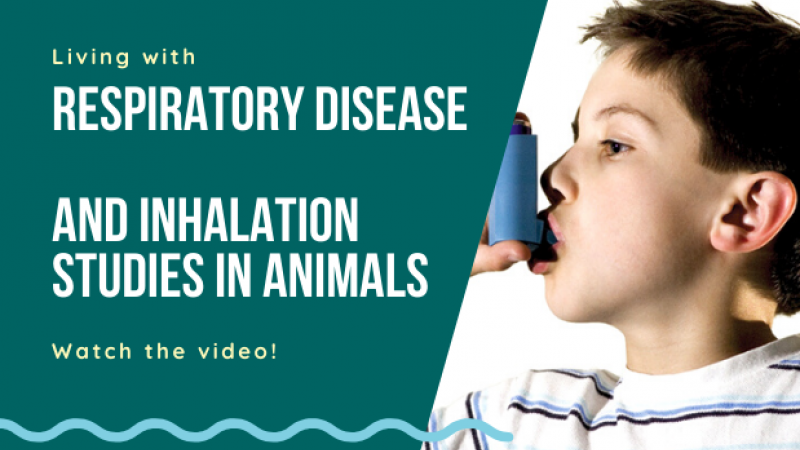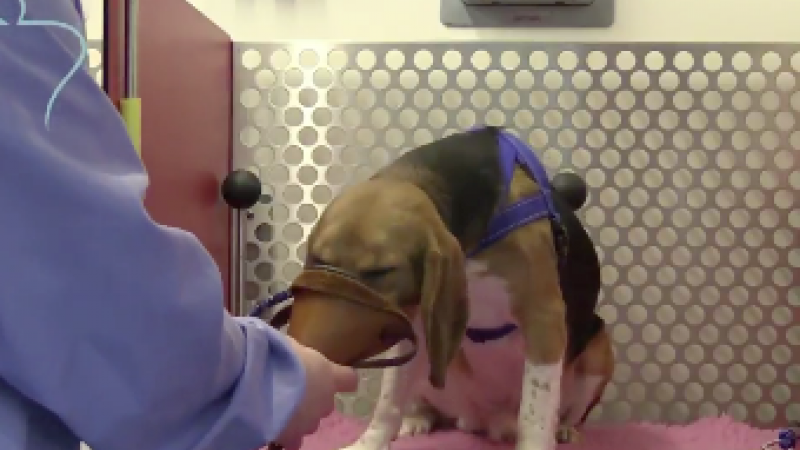 Exposure to bacteria or viruses as child could reduce your chances of contracting asthma, according to new research on mice.
Exposure to bacteria or viruses as child could reduce your chances of contracting asthma, according to new research on mice.
Baby mice infected with influenza virus were protected from induced symptoms of asthma. However, there was no protection against asthma if mice were infected with flu as adults.
The researchers linked the findings to effect of immune system cells called natural killer T-cells (NKT). It is thought that NKT cells help control the immune system response and so prevent extreme allergic reactions, such as those seen in asthma.
NKT cells were found to increase in baby mice with flu, but not in adult mice with flu. This suggests that NKT cells prime the immune system in babies infected with flu and so stop it over-reacting later in life.
Influenza virus is not the only agent that protects against asthma. The researchers also showed that infecting baby mice with a stomach ulcer causing bacteria called Helicobacter pylori had a similar effect.
General childhood viral and bacteria infections may help to prime the body's immune response. This research supports the 'hygiene hypothesis', which suggests the recent surge in asthma rates in developed countries is caused in part by reduced exposure to bacteria and viruses as a child.
Read more about asthma here.
Last edited: 4 April 2022 08:54




